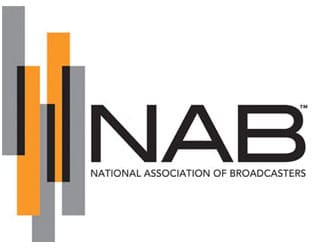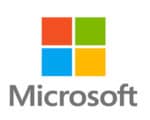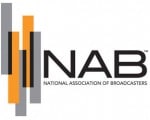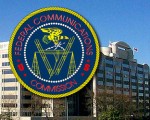The NAB on Tuesday (3/21) filed reply comments with the FCC regarding a further notice of proposed rulemaking on the Next Gen TV transmission standard.
The comments from the broadcast media industry’s biggest voice in Washington respond to the arguments set forth by Microsoft and others concerning broadcaster use of vacant in-band channels to smooth the transition.
“We stress that allowing broadcasters to use vacant channels, where available, could be an important step to minimize disruption,” the NAB asserts.
In its 14-page reply comments, NAB EVP/Legal and Regulatory Affairs Rick Kaplan writes, “Encouraging stations to use vacant in-band channels, where available, is one of the most productive steps the Commission and broadcasters can take to minimize the potential for consumer disruption and help speed the transition.”
But, the NAB objects to “new allowances for heretofore unproven Television White Spaces operations.”
In fact, Kaplan argues, ” Elevating consideration of unlicensed, opportunistic operations in the band over primary licensed users would turn the very concept of Part 15 unlicensed
operations on its head and represent a betrayal of commitments the Commission made when it originally authorized unlicensed operations in the television band.”
Further, Kaplan says the move would stifle broadcaster innovation in the only band available to television, while the Commission continues to make unlicensed spectrum available in numerous other bands.
The NAB also used its reply comments to reply to comments filed by the NCTA – The Internet & Television Association and American Television Alliance (ATVA) concerning the standard for waivers of the FCC’s simulcasting requirement.
It is the NAB’s argument that the waiver standard cannot be so high that broadcasters in some markets are shut out of the transition if they cannot find simulcasting partners.
“The Commission should adopt a flexible standard for waivers of the simulcasting requirement that will ensure that broadcasters in a variety of markets — particularly small and rural markets — have an opportunity to innovate and improve the service they offer to the public,” the NAB asserts. “An inflexible standard runs the risk of limiting innovations for over-the-air viewers while pay-TV providers continue to charge consumers for the improved
features they desperately want to prevent broadcasters from offering for free.”
MORE ABOUT ‘WHITE SPACE’ FROM THE RBR+TVBR ARCHIVES:








